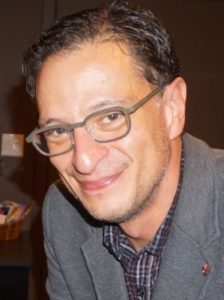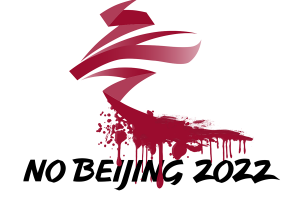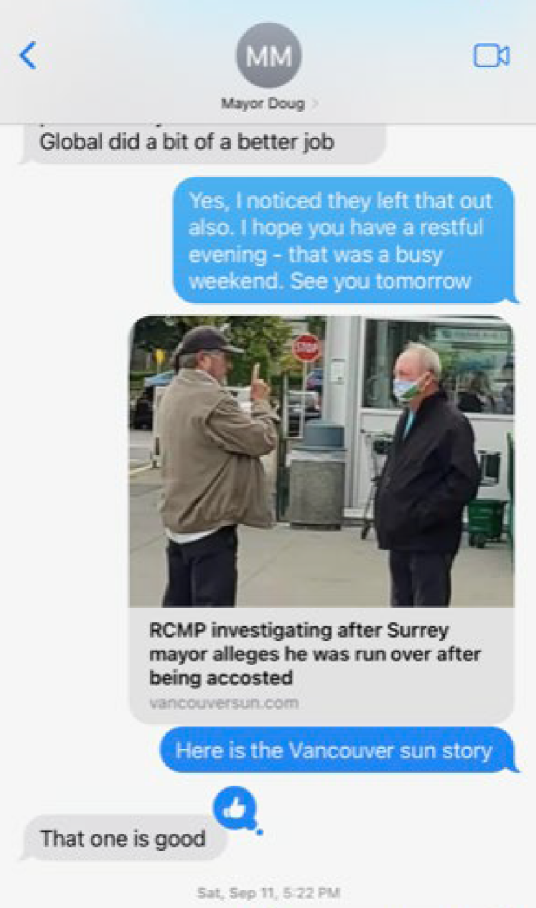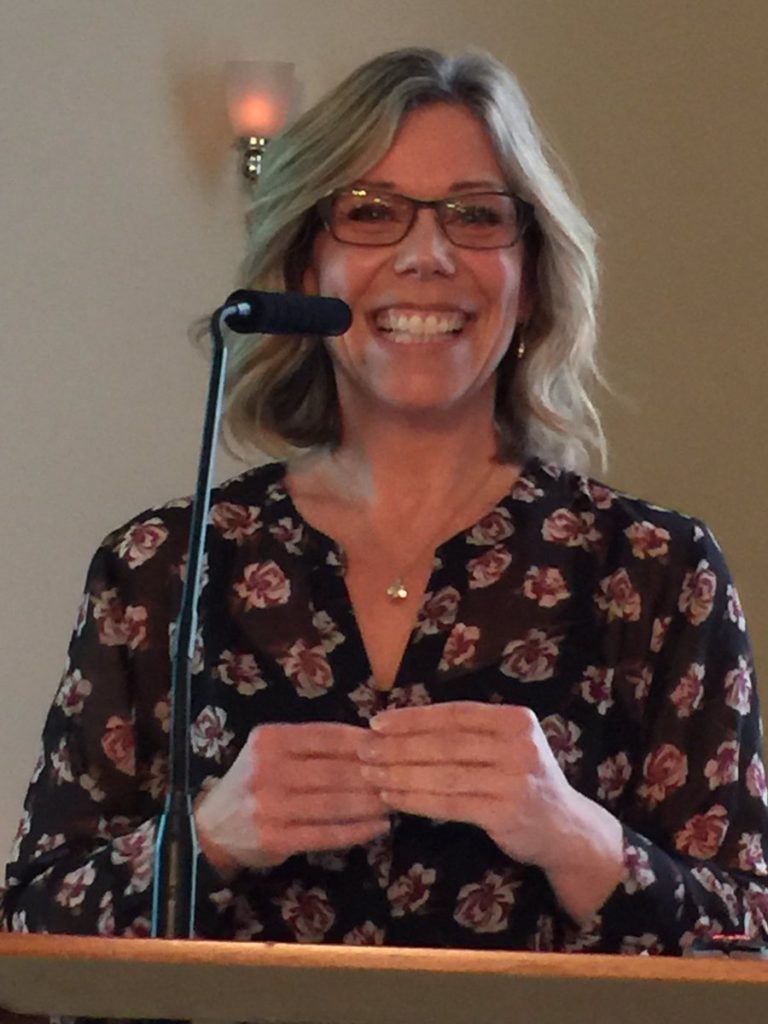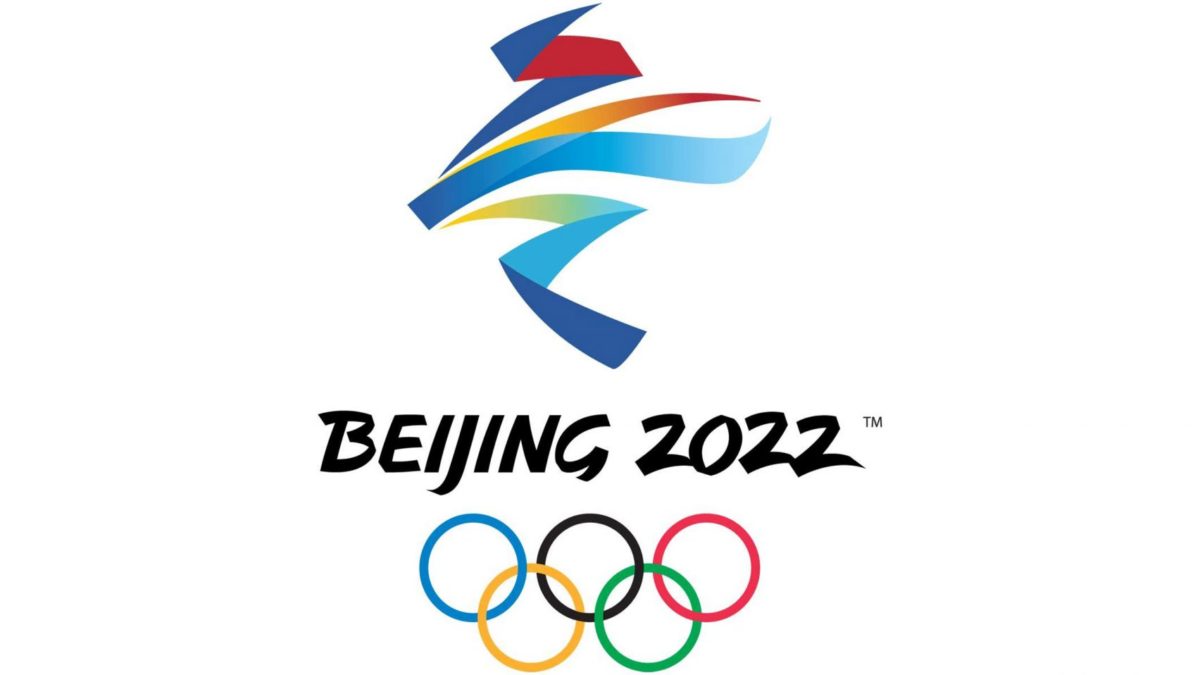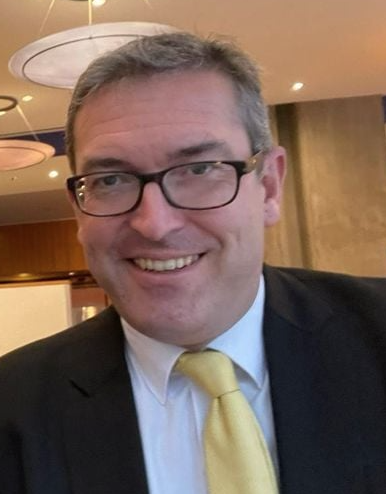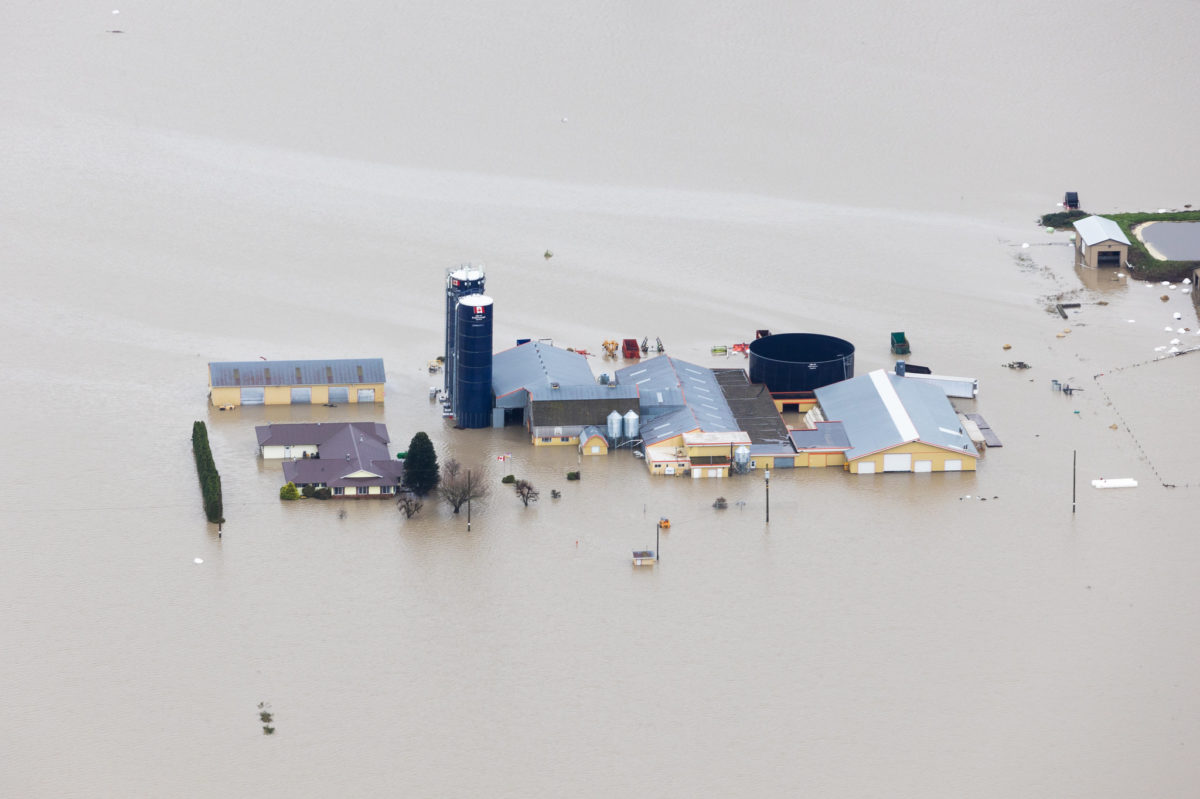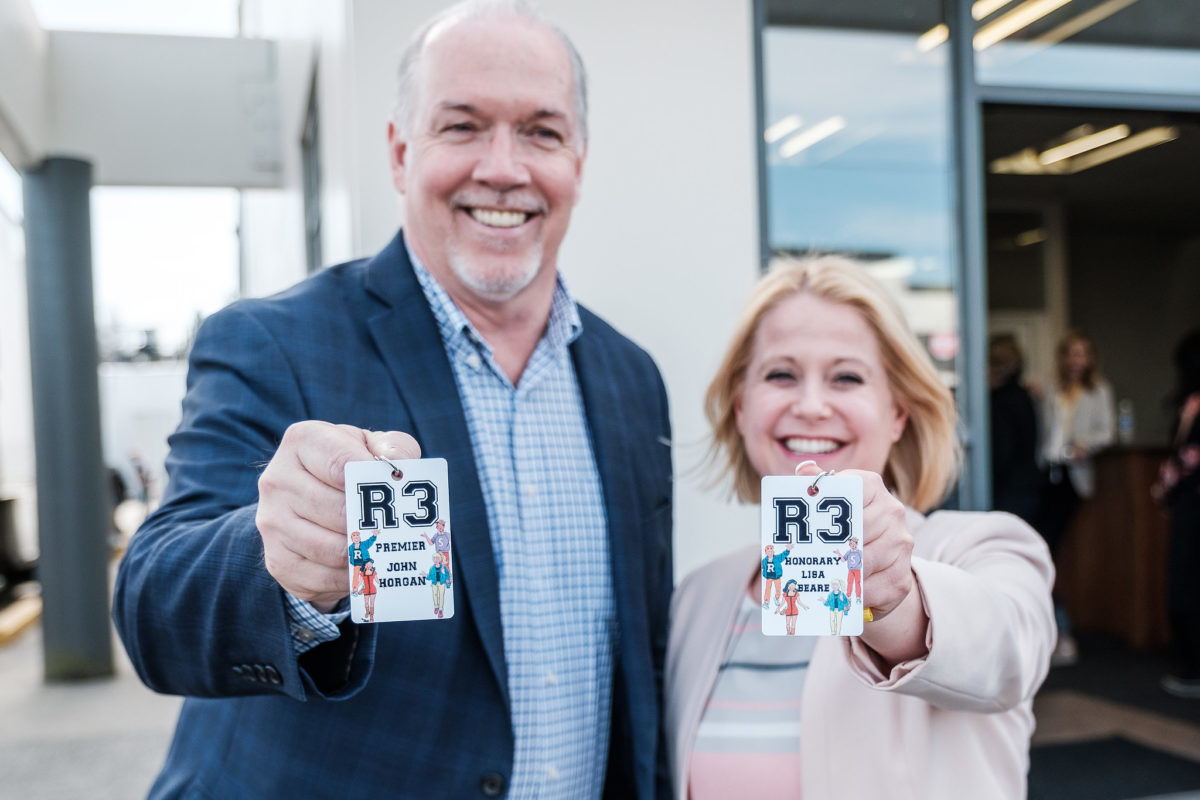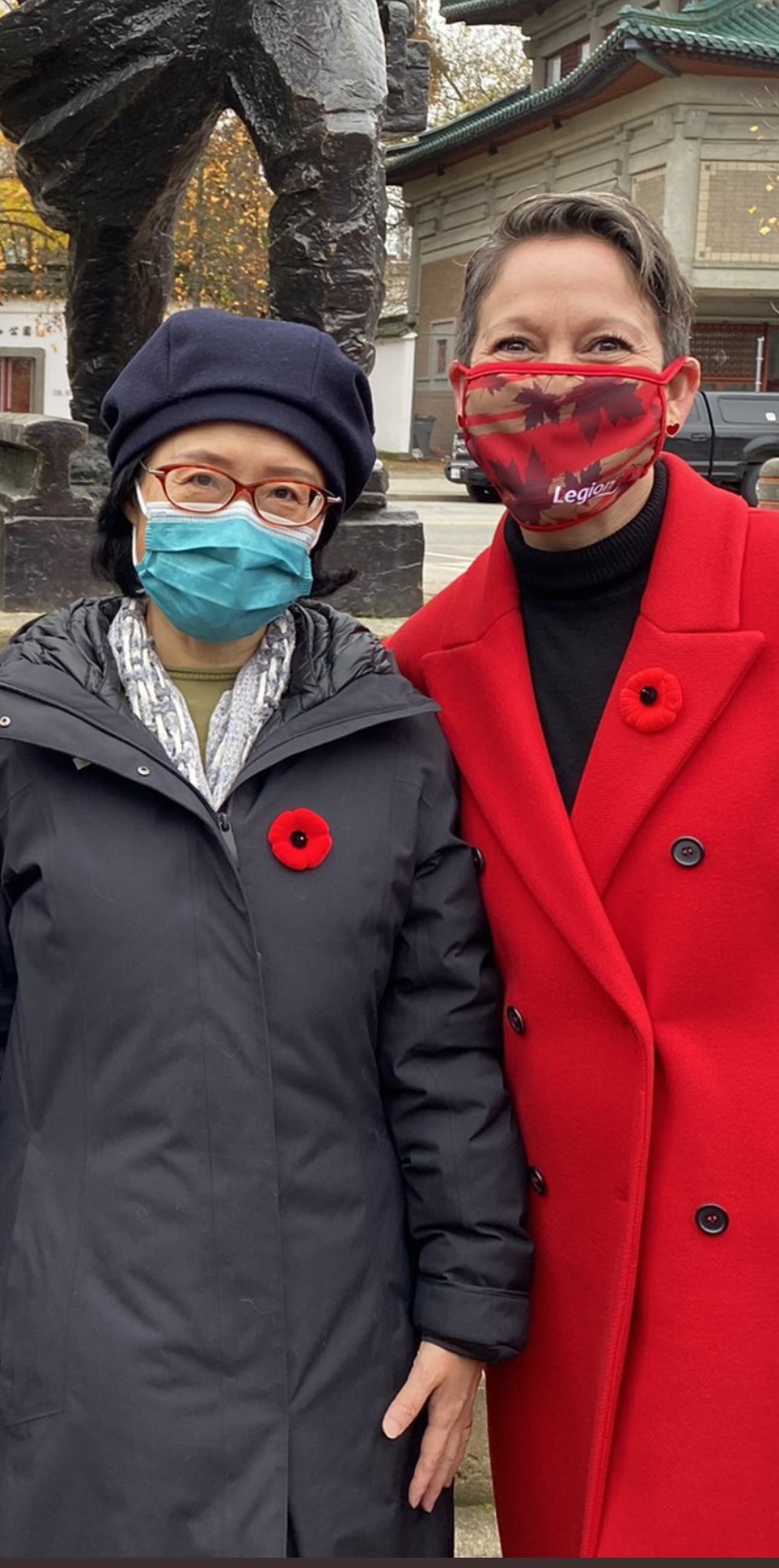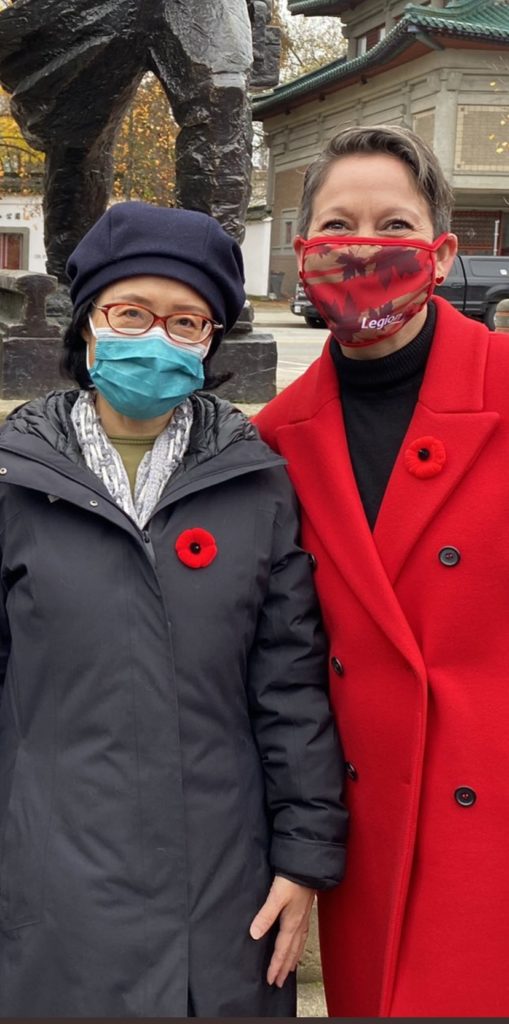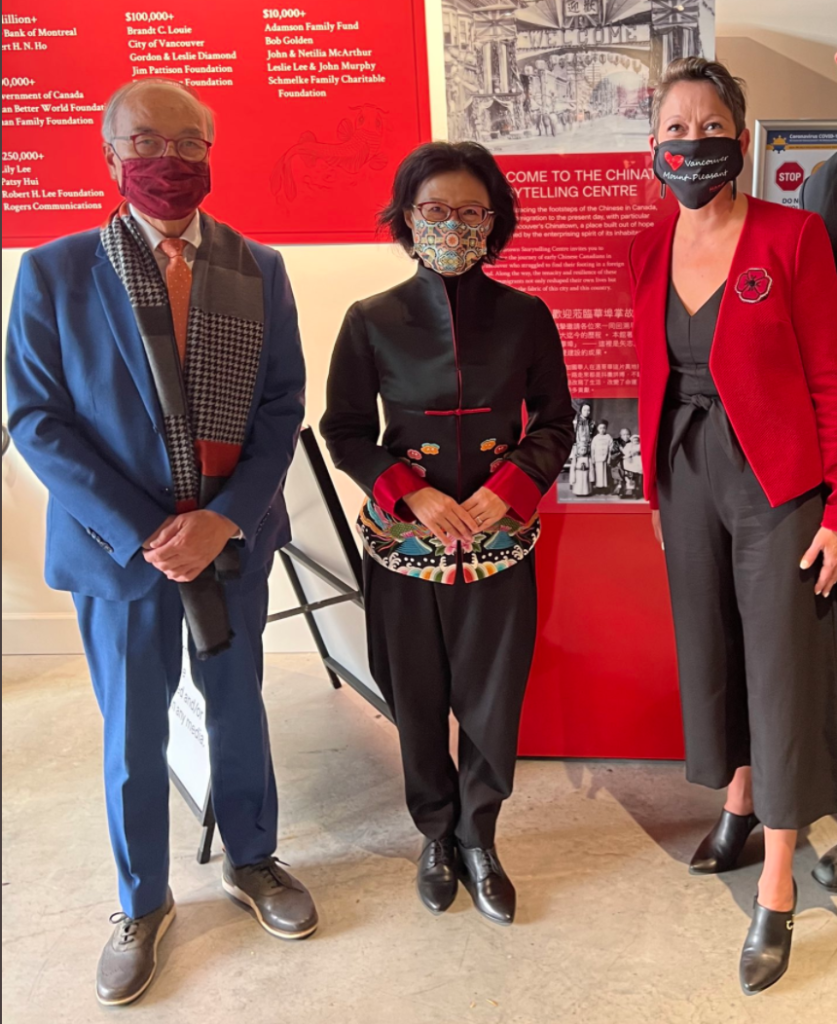Bob Mackin
The B.C. NDP government is poised to ram through controversial amendments to gut the once-leading freedom of information and protection of privacy law when the fall Legislative session closes Nov. 25.
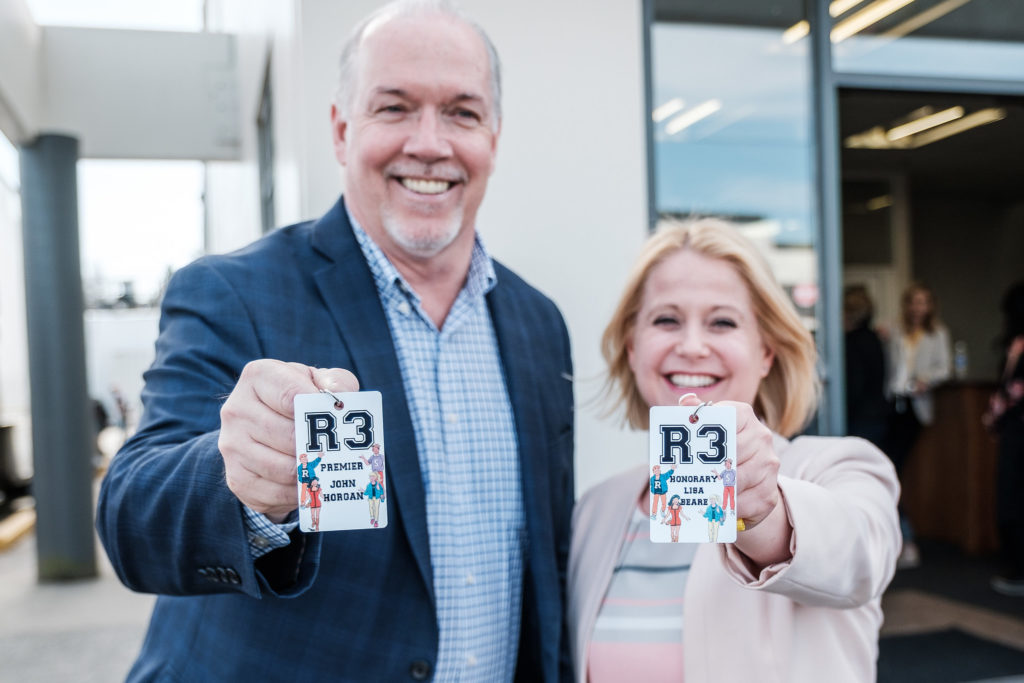
Bad actors? Premier John Horgan and Lisa Beare on the Riverdale set in 2019 (BC Gov/Flickr)
Documents obtained under the existing law by the B.C. Freedom of Information and Privacy Association suggest the fix was in, long before Bill 22’s Oct. 18 tabling.
Before it sought public input on updating the law, the majority NDP already decided to tax FOI requesters.
Citizens’ Services Minister Lisa Beare’s script for a June 15 caucus meeting said: “Some measures we are planning to reduce the impact of these increasing FOI requests include: a minor application fee for general requests that would not apply to individuals requesting their own information; limits to FOI requests not related to government business; and expanded criteria under which a public body can apply to the commissioner to disregard a request.”
On Oct. 18, Beare revealed she is recommending a $25 application charge, to be set via regulation after the amendments are passed.
BC FIPA executive director Jason Woywada said the date of Beare’s June 15 speech indicates the government’s dismissive attitude towards the law passed by a previous NDP government nearly 30 years ago.
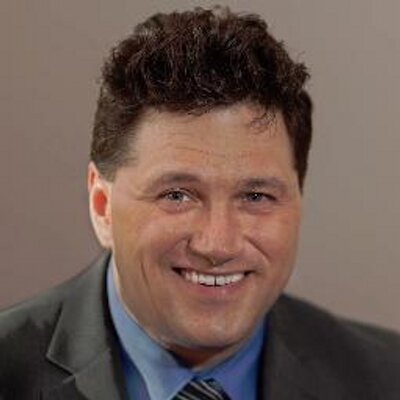
BC FIPA’s Jason Woywada (Twitter)
“On the day that they launched the public engagement, asking British Columbians for their opinion, they’re telling caucus they’ve already made their decision. That, to me, is the height of hypocrisy and the greatest example of the illusion of public consultation that I’ve ever seen,” Woywada told theBreaker.news.
The secret planning to charge application fees continued into August. A communications plan under the heading “confidential advice for the minister” listed potential challenges to the law, including media opposed to an application fee, privacy groups that consider the existing privacy law world-class, and businesses that offer data resident solutions in B.C. (The bill also proposes permanently lifting the ban on storage of citizens’ data outside Canada.)
The documents also referred to the Legislature’s December 2020-struck, all-party committee struck to review the law. It suggested whatever public consultation those MLAs might undertake “could lead to some consultation fatigue.” After the government tabled Bill 22, it rejected calls from the opposition BC Liberals and Greens to delay the bill and refer the amendments to the committee.
“This whole action they’re taking undermines the work of the special legislative committee,” Woywada said. “Everything this government has done to draft Bill 22 has been done behind closed doors, behind the veil of secrecy. They’ve redacted 91 of 135 pages of their communications plan.”
Woywada said BC FIPA knew about the consultation program so it filed for the standard communication plan documents. The documents finally arrived Nov. 23, the same day that the NDP used its majority to declare that debate would end and the law be passed with the closure of the fall session.
“It’s incredibly disheartening when the commitments that were made were to improve access to information, and they’re not doing that,” Woywada said. “And they’re not making the legislature more transparent.”
In early 2019, then-Speaker Darryl Plecas revealed corruption in the offices of the clerk and sergeant-at-arms. Government House Leader Mike Farnworth agreed with Information and Privacy Commissioner Michael McEvoy, and promised to finally add the Legislature to the FOI law.
“He’s not acting on it, he didn’t act on it before, he’s not acting on it now,” Woywada said. “And he’s just hoping everybody will forget. We’re going to work to make sure people don’t.”
Meanwhile, the Union of B.C. Indian Chiefs called for the immediate withdrawal of Bill 22, because it further entrenches barriers to access for aboriginals seeking reconciliation and resolution to land claims.
In an open letter to Beare, the UBCIC said its April 2018 formal submission seeking FOI law improvements identified key barriers, including prohibitive fees, denial of fee waivers, prolonged delays, overly broad exceptions to disclosure, widespread failures to create, retain and transfer records and the exclusion of subsidiaries from duties of disclosure.
“The bill, in its current form, fails to uphold First Nations’ unique rights of access to information, as many of the proposed amendments will create new barriers for First Nations requiring access to provincial government records to substantiate their historical grievances against the Crown,” the UBCIC letter said. “Further, several proposed amendments disregard significant concerns we identified in formal submissions to the public engagement process, and introduce measures about which we were never informed.”
Support theBreaker.news for as low as $2 a month on Patreon. Find out how. Click here.
Bob Mackin
The B.C. NDP government is poised
